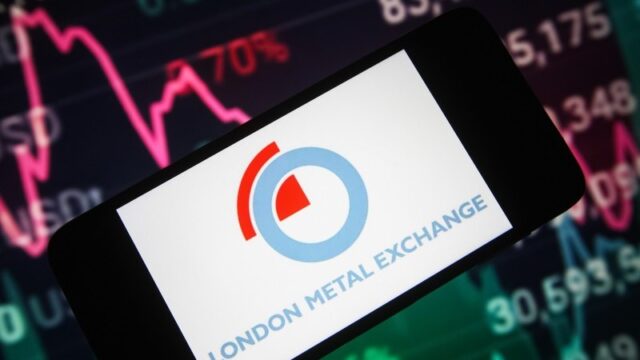Russian metals had broadly escaped sanctions until December, when the UK prohibited British individuals and entities from trading physical Russian metals, including aluminium, nickel and copper. However, at the time, the UK had included an exemption allowing trade on the LME to continue. Britain is the only country in Europe to have adopted such measures.
The UK sanctions initially barred UK persons from requesting delivery of Russian metal from the LME. However, this restriction has now been removed as long as the metal was already in the exchange’s system before 13 April.
The LME had previously considered banning Russian metal in 2022 but ultimately decided against it and said it would be guided by government sanctions. Canada announced a ban on Russian aluminium and steel products in March 2023.
Meanwhile, European buyers have been self-sanctioning since the invasion of Ukraine, leading to fears that LME warehouses could be used as a dumping ground for unwanted Russian metals.
Large surpluses of Russian metals have built up in LME warehouses. At the end of March, Russian metal accounted for 36% of the nickel in LME warehouses, 62% of the copper and 91% of the aluminium. These existing inventories would not be affected by sanctions, the LME said, and can continue to be delivered, though the exchange said it would require evidence that the metal was not in breach of sanctions and would approve deliveries on a case-by-case basis.




